





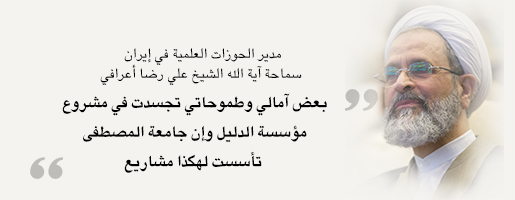
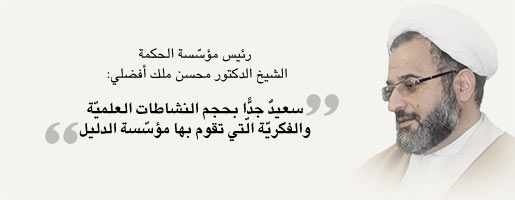
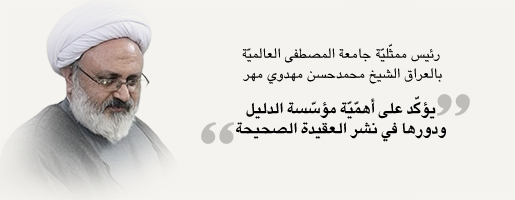

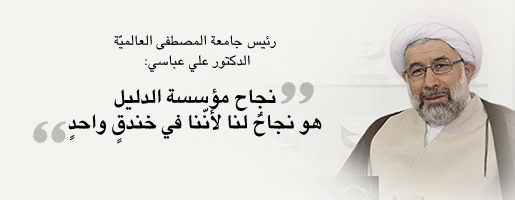




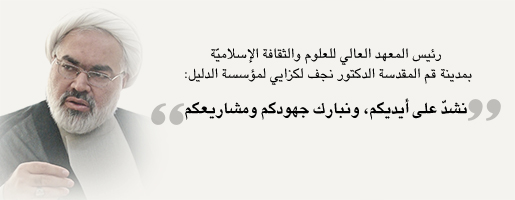

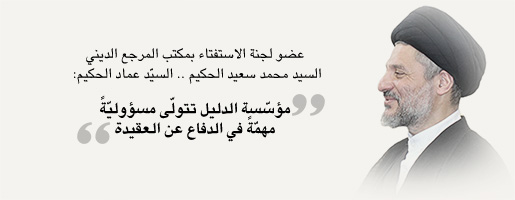
Hazem Abdul-Jabbar Hassan
Abstract
The study presents a comparative philosophical analysis of Avicenna and Immanuel Kant's conceptions of reason and its epistemological boundaries, with particular attention to its cognitive function and its relationship to metaphysics. While both thinkers affirm the foundational role of reason in the acquisition of knowledge, their distinct intellectual milieus yield divergent interpretations of its scope and epistemic potential. Avicenna posits a hierarchical development of reason culminating in its union with the Active Intellect, thereby enabling access to transcendent intelligibles and the formulation of metaphysical knowledge in its comprehensive sense-from the nature of prime matter to the demonstration of the Necessary Existent. In contrast, Kant imposes rigorous epistemological constraints on human reason, limiting its function to the structuring of sensory data via a priori categories and denying it access to the noumenal realm, or the "thing-in-itself". Employing an analytical rational methodology, this inquiry concludes that Avicenna's framework supports a metaphysical conception of reason - one that harmonizes reason with metaphysics and permits transcendence beyond empirical phenomena; whereas Kant's critical philosophy confines reason within the parameters of possible experience. This contrast reconfigures the philosophical understanding of reason, knowledge, and existence in both systems. Ultimately, the comparison enriches epistemological discourse and invites renewed reflection on the role of metaphysics in contemporary philosophical thought.
